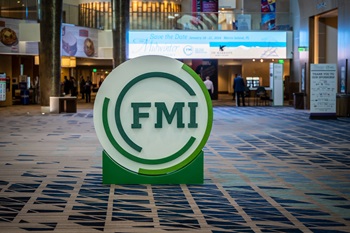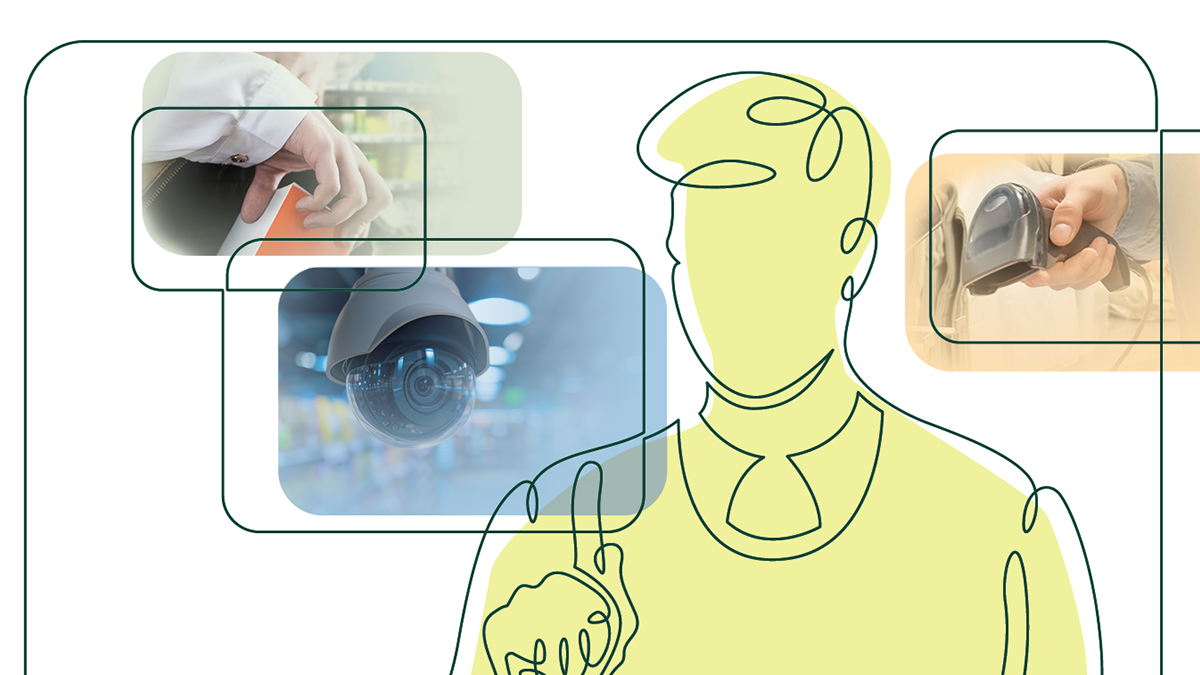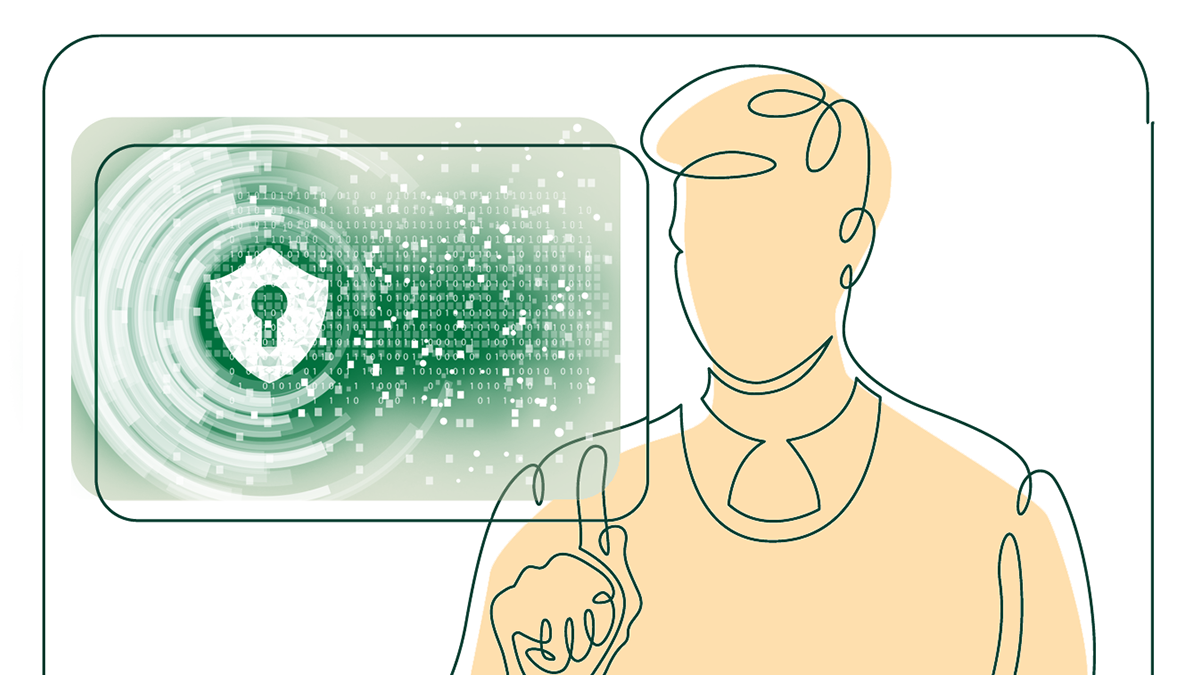By Andy Harig, Vice President, Tax, Trade, Sustainability & Policy Development, FMI

The Elton John deep cut “Tinderbox” offers an important insight for those who listen a little too closely when pundits try to predict the future:
Nostradamus said I predict
That the world will end at half past six
What he didn’t say was exactly when
Admittedly, this is just a spin on the old adage that even a stopped clock is right twice a day; but it points to the importance of taking predictions about the future with a grain of salt, especially when their focus is an economic environment likely to be as turbulent as 2023. Still, it can be hard to resist the pull of those who tell us “I know.”
Fortunately, those lucky enough to attend FMI’s Midwinter Executive Conference’s “Lunch and Insights” education session were presented with the antidote to that draw – four presentations that promised not to predict the future, but to help attendees understand the forces shaping the future and what they mean for the food industry.
Expert Insights on the Tempests Surrounding the Grocery Industry Amid High Inflation
Veteran industry watchers Scott Moses – Partner and Head of Grocery, Pharmacy, & Restaurants and Investment Banking at Solomon Partners – and Karen Short – Managing Director at Credit Suisse – broke down the economic headwinds facing the industry including inflation, a sharp rise in the cost of capital and continuing competitive pressures. One of the factors likely to be most unpredictable is newly aggressive regulatory agencies, like the Federal Trade Commission (FTC). While both speakers agreed that 2023 is likely to be a rocky year, there was also a hopeful note that the food sector remains incredibly dynamic.
Grocery Resiliency During Recession
Deborah Weinswig, CEO and Founder of Coresight Research, pointed out that the industry has faced recessions before and many players emerged from the challenges posed by an economic downturn stronger and more resilient. While some of the strategies she recommended for weathering a possible recession, like expanding own-brands and focusing on market share, are tested approaches, new technologies have the potential to be game changers. Alternative retail avenues like NFTs and retail media delivered through quick commerce and the metaverse are concepts that – while new to many – show how quickly the food industry is moving to become a technology sector.
Where Food and Technology Meet
The next speaker, Laurie DeMeritt, CEO of The Hartman Group, seized on the theme of technology to outline the findings of a recent Hartman study that explores consumer responses to the new nexus of food and tech. We’ll do a deep dive into this study in a future blog, but Laurie’s presentation illustrated just how quickly people’s attitudes towards food tech is evolving – especially when you consider it was only a few years ago that the industry was facing backlash from certain sectors over the use of GMOs. That experience illustrates just how important it is for the entire food sector to listen to our consumers and be transparent about the ways food is produced, an idea reinforced by The Hartman Group’s findings.
The Metaverse
The final session of the Lunch and Insights program was a fascinating deep dive into the Metaverse, led by Microsoft’s Global Lead for Retail and Start-ups, ShiSh Shridhar. I actually violated one of the cardinal rules of hosting a speaking session by making fun of the topic, pointing out that several of the companies most engaged with the Metaverse made it seem deeply uncool and – worse – pointless. By the end of ShiSh’s presentation, I was a total convert to the belief that this is the future of retail for those who can seize it. One of the important takeaways from this session is that the Metaverse is really just an extension of tried and true retail strategies – enhancing the customer experience through personalization and engagement.
I started this blog with the hoary old trope of quoting someone much smarter than me, and I’ll close it the same way. While we would all like to know the future, what is more important than predicting it is being prepared to face it. “…You cannot fail if you resolutely determine that you will not,” Abraham Lincoln once said. For those who attended the Lunch and Insights session at Midwinter, they were given many of the tools and insights they need to face the future with the determination not to fail.


 Industry Topics address your specific area of expertise with resources, reports, events and more.
Industry Topics address your specific area of expertise with resources, reports, events and more.
 Our Research covers consumer behavior and retail operation benchmarks so you can make informed business decisions.
Our Research covers consumer behavior and retail operation benchmarks so you can make informed business decisions.
 Events and Education including online and in-person help you advance your food retail career.
Events and Education including online and in-person help you advance your food retail career.
 Food Safety training, resources and guidance that help you create a company food safety culture.
Food Safety training, resources and guidance that help you create a company food safety culture.
 Government Affairs work — federal and state — on the latest food industry policy, regulatory and legislative issues.
Government Affairs work — federal and state — on the latest food industry policy, regulatory and legislative issues.
 Get Involved. From industry awards to newsletters and committees, these resources help you take advantage of your membership.
Get Involved. From industry awards to newsletters and committees, these resources help you take advantage of your membership.
 Best practices, guidance documents, infographics, signage and more for the food industry on the COVID-19 pandemic.
Best practices, guidance documents, infographics, signage and more for the food industry on the COVID-19 pandemic.
